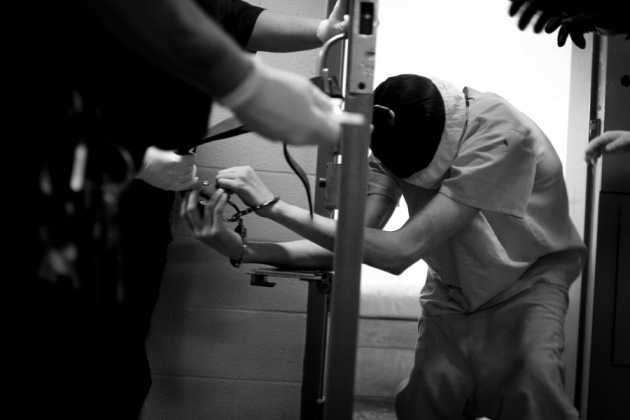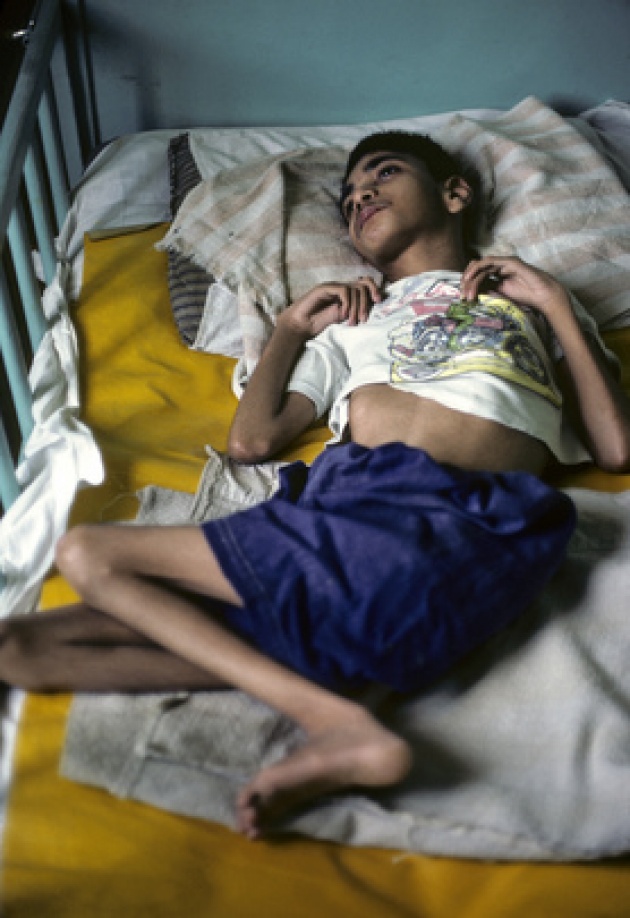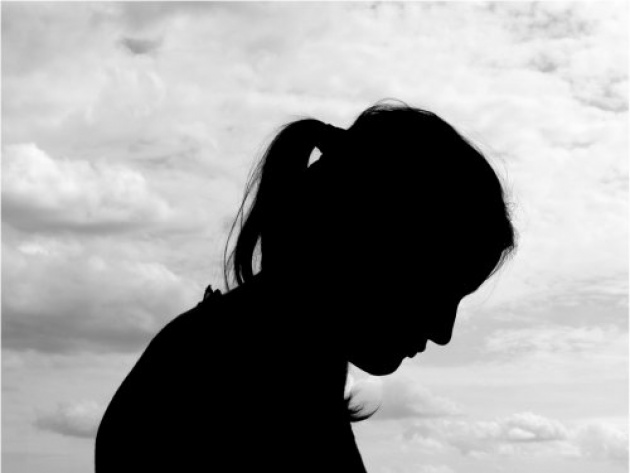
“Poor quality services and human rights violations in mental health and social care facilities are still an everyday occurrence in many places, especially in low- and middle-income countries,” said the Director of WHO’s Department of Mental Health and Substance Abuse, Shekar Saxena. “Decrepit buildings, overcrowding and unhygienic living conditions are a reality for many people living in psychiatric institutions. In many facilities, people are exposed to violence, abuse, harmful treatment and neglect. Many are locked up against their will, overmedicated, put in seclusion cells or restrained, sometimes for years.” Read our Bog for Film – “To Few Resources for Mental Health”.
Also see our Film for Blog –"Forgotten Europeans-Brothers/Sisters”.

“Quality Rights Tool Kit”:
The QualityRights Tool Kit is designed to ensure that quality of care and human rights standards are put in place in mental health and social care facilities around the world. The Tool Kit is based on the International Convention on the Rights of Persons with Disabilities, the 2006 treaty that seeks to ensure that persons with disabilities enjoy the same human rights as everyone else. It establishes key standards that need to be met in all facilities, including the need for living conditions to be safe and hygienic and the social environment to be conducive to recovery; the provision of evidence-based care for their mental and physical health condition, on the basis of free and informed consent; and reporting and halting all inhuman treatment. Read our Blog for Film: “Children with Disabilities Face Discrimination in former Soviet States”.

Civil Society Input:
“The Tool Kit has been developed with major inputs from people from civil society organizations which specialize in mental and psychosocial disabilities, as well as other mental health and human rights experts, which is why it is so comprehensive and practical,” said Dr. Michelle Funk, who led the WHO team which developed the Tool Kit. “It can be applied in low-, middle- and high-resource settings. It is unique because it can be implemented in both inpatient and outpatient facilities and allows for a comparison between mental health and general health care services.” See our Blog for Film – “Eliminating Barriers for One Billion of Us with Disability”.

Along with setting up standards, the Tool Kit provides specific guidance on how to conduct a comprehensive assessment of services, how to report findings and make appropriate recommendations to improve quality of care and human rights at the health facility and at national level. It is part of a larger WHO Quality Rights project to improve the quality of mental health care and human rights conditions in mental health and social care facilities. The WHO Statement on the Quality Rights Tool Kit is Below & Linked.
Ambassador Muhamed Sacirbey - FOLLOW mo @MuhamedSacirbey
Facebook-Become a Fan at “Diplomatically Incorrect”
Twitter – Follow us @DiplomaticallyX
For many further current news event articles related to the United Nations, see our popular video blogs at United Nations WebTV

WHO Statement:
WHO urges countries to protect the rights and dignity of people with mental health conditions as it launches a new tool for countries to assess and eventually stop, these violations. The WHO QualityRights Tool Kit aims to ensure that quality of care and human rights standards are put in place in mental health and social care facilities around the world.
“Poor quality services and human rights violations in mental health and social care facilities are still an everyday occurrence in many places, especially in low- and middle-income countries,” says Dr Shekhar Saxena, Director of WHO’s Department of Mental Health and Substance Abuse. “Decrepit buildings, overcrowding and unhygienic living conditions are a reality for many people living in psychiatric institutions. In many facilities, people are exposed to violence, abuse, harmful treatment and neglect. Many are locked up against their will, overmedicated, put in seclusion cells or restrained, sometimes for years.”
Key quality standards for all facilities
To address this, WHO has developed the WHO QualityRights Tool Kit – assessing and improving quality and human rights in mental health and social care. The tool kit, which is based on the International Convention on the Rights of Persons with Disabilities, establishes key standards that need to be met in all facilities. These include the need for:
- living conditions to be safe and hygienic and the social environment to be conducive to recovery;
- the provision of evidence-based care for their mental and physical health condition, on the basis of free and informed consent;
- gearing services towards enhancing people’s autonomy enabling them to engage in their own recovery plans;
- reporting and halting all inhuman treatment; and
- linking health services with employment, education, social and housing services in order to promote independent living in the community for mental health service users.
“The Tool Kit has been developed with major inputs from people from civil society organizations which specialize in mental and psychosocial disabilities, as well as other mental health and human rights experts, which is why it is so comprehensive and practical,” explains Dr Michelle Funk, who led the WHO team which developed the Tool Kit. “It can be applied in low-, middle- and high-resource settings. It is unique because it can be implemented in both inpatient and outpatient facilities and allows for a comparison between mental health and general health care services.”
Guidance on quality of care assessments and recommendations
In addition to establishing quality and human rights standards, the QualityRights Tool Kit provides specific guidance on how to conduct a comprehensive assessment of services, how to report findings and make appropriate recommendations to improve quality of care and human rights at the health facility and at national level.
The Tool Kit is a critical first step in a larger WHO QualityRights Project which aims to improve the quality of mental health care and human rights conditions in mental health and social care facilities. Future priorities will be to gather evidence on the state of mental health and social care facilities and use the tool to help address and correct deficiencies and research further means of improving conditions at the service level.
For more information please contact:
Dr Michelle Funk
Coordinator, Mental Health and Substance Abuse Department
WHO, Geneva
Telephone: +41 22 791 3855
Mobile: +41 79 475 5458
Email: funkm@who.int
Ms Natalie Drew
Technical Officer, Mental Health and Substance Abuse Department
WHO, Geneva
Telephone: +41 22 791 3206
Mobile: +41 78 654 2102
Email: drewn@who.int
Dr Shekhar Saxena
Director, Mental Health and Substance Abuse Department
WHO, Geneva
Telephone: +41 22 791 3625
Mobile: +41 79 308 9865
Email: saxenas@who.int
Mr Tarik Jasarevic
Communications officer
WHO, Geneva
Telephone: +41 22 791 5099
Mobile: +41 79 367 6214
Email: jasarevict@who.int



